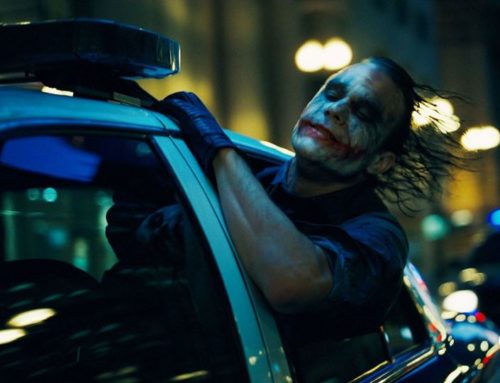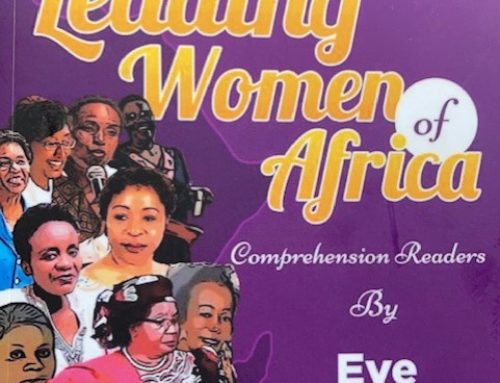What notion do you have of what is right and wrong?
Continuing with some thoughts shared from Trevor Noah’s book: Born a Crime
[2] Notions of Right and Wrong
This passage deals with Trevor speaking about one of the ways he used to make money growing up, which essentially was selling stolen stuff. At the time he didn’t seem to think of it as stealing or illegal and this is what he writes in Chapter 16 – The Cheese Boys:
‘That’s the hood. Someone’s always buying, someone’s always selling, and the hustle is about trying to be in the middle of that whole thing. None of it was legal. Nobody knew where anything came from. The guy who got us Nikes, did he really have a ‘staff discount’? You don’t know. You don’t ask. It’s just, ‘Hey look what I found’ and ‘Cool, how much do you want?’ That’s the international code.
At first I didn’t know not to ask. I remember one time we bought a car stereo or something like that.
‘But who does this belong to?’ I said.
‘Eh, don’t worry about it,’ one of the guys told me. ‘White people have insurance.’
‘Insurance?’
‘Yeah, when white people lose stuff they have insurance policies that pay them cash for what they’ve lost, so it’s like they’ve lost nothing.’
‘Oh, okay,’ I said, ‘Sounds nice.’
And that was as far as we ever thought about it: When white people lost stuff they get money, just another perk of being white.
It’s easy to be judgemental about crime when you live in a world wealthy enough to be removed from it. But the hood taught me that everyone has different notions of right and wrong, different definitions of what constitutes crime, and what level of crime they’re willing to participate in. If a crackhead comes through and he’s got a crate of Corn Flake boxes he’s stolen out of the back of a supermarket, the poor mom isn’t thinking, ”m aiding and abettting a criminal by buying these Corn Flakes. No, she’s thinking, My family needs food and this guy has Corn Flakes, and she buys the Corn Flakes.
My own mother, my super-religious, law-abiding mother who used to shit on me about breaking the rules and learning to behave, I’ll never forget one day I came home and in the kitchen was a giant box of frozen burger patties, like two hundred of them, from a takeaway place called Black Steer. A burger at Black Steer cost at least R20.
‘What the hell is this?’ I said.
‘Oh, some guy at work had these and was selling them,’ she said. ‘I got a great discount.’
‘But where did he get it from?’
‘I don’t know. He said he knew somebody who—-‘
‘Mom, he stole it.’
‘We don’t know that.’
‘We do know that. Where the hell is some guy going to get all of these burger patties from, randomly?’
Of course we ate the burgers. Then we thanked God for the meal.
i found this line really interesting:
It’s easy to be judgemental about crime when you live in a world wealthy enough to be removed from it. But the hood taught me that everyone has different notions of right and wrong, different definitions of what constitutes crime, and what level of crime they’re willing to participate in.
i don’t think that’s true only of hood people. One person’s movie pirating is another person’s breaking the speed limit. One person’s having their sprinklers illegally on during the day is another person’s stealing office supplies and so on. We all justify different acts of law-breaking and tend to judge those who break different ones to us.
[3] When crime is seen for what it is.
A later extract in this chapter though, shows the moment where it seemed to sink in for Trevor:
Then, one evening after work, our friend from the airport, the black Mr Burns, came by.
‘Hey, look what I found,’ he said.
‘What’ve you got?’
‘A camera.’
I’ll never forget that camera. It was a digital camera. We bought it from him, and I took it and turned it on. It was full of pictures of a nice white family on vacation, and I felt like shit. The other things had never mattered to me. Nikes, electric toothbrushes, electric razors. Who cares? Yeah, some guy might get fired because of the pallet of Corn Flakes that went missing from the supermarket, but that’s degrees removed. You don’t think about it. But this camera had a face. I went through those pictures, knowing how much my family pictures meant to me, and I thought, I haven’t stolen a camera. I’ve stolen someone’s memories. I’ve stolen part of someone’s life.
It’s a strange thing, but in two years of hustling I never once thought of it as a crime. I honestly didn’t think it was bad. It’s just stuff people found. White people have insurance. Whatever rationalisation was handy. In society, we do horrible things to one another because we don’t see the person it affects. We don’t see their face. We don’t see them as people. Which was the whole reason the hood was built in the first place, to keep the victims of apartheid out of sight and out of mind. Because if white people ever saw black people as human, they would see that slavery is unconscionable. We live in a world where we don’t see the ramifications of what we do to others, because we don’t live with them.
It would be a whole lot harder for an investment banker to rip off people with subprime home loans if he actually had to live with the people he was ripping off. If we could see one another’s pain and empathise with one another, it would never be worth committing the crimes in the first place.
As much as we needed the money, I never sold that camera. I felt too guilty, like it would be bad karma, which I know sounds stupid and it didn’t get the family their camera back, but I just couldn’t do it. That camera made me confront the fact that there were people on the other side of this thing I was doing, and what I was doing was wrong.’
There is some good stuff in there. And some painful stuff:
In society, we do horrible things to one another because we don’t see the person it affects. We don’t see their face. We don’t see them as people.
Wow, there’s a book in there. A whole thesis for Internet Trolls. If i don’t see the consequence of my actions [or let’s be honest, of my lifestyle and choices and money decisions] then i can act and live and speak and comment as i please.
The truth though is that our words do hurt people. Our actions do have consequences. Our decisions and how we spend money and where we choose to live and the lifestyle we choose to pursue… whether we recycle or conserve water or binge eat meat or any of a hundred other things are affecting the people around us.
Are there some decisions you need to be making better, or rethinking, or considering or even just wrestling with? Whose camera and memories are you sitting with?
[For Part I from Trevor’s book on Helping a man to Fish, click here]







[…] [To see what Trevor has to say about Notions of Right and Wrong, click here] […]